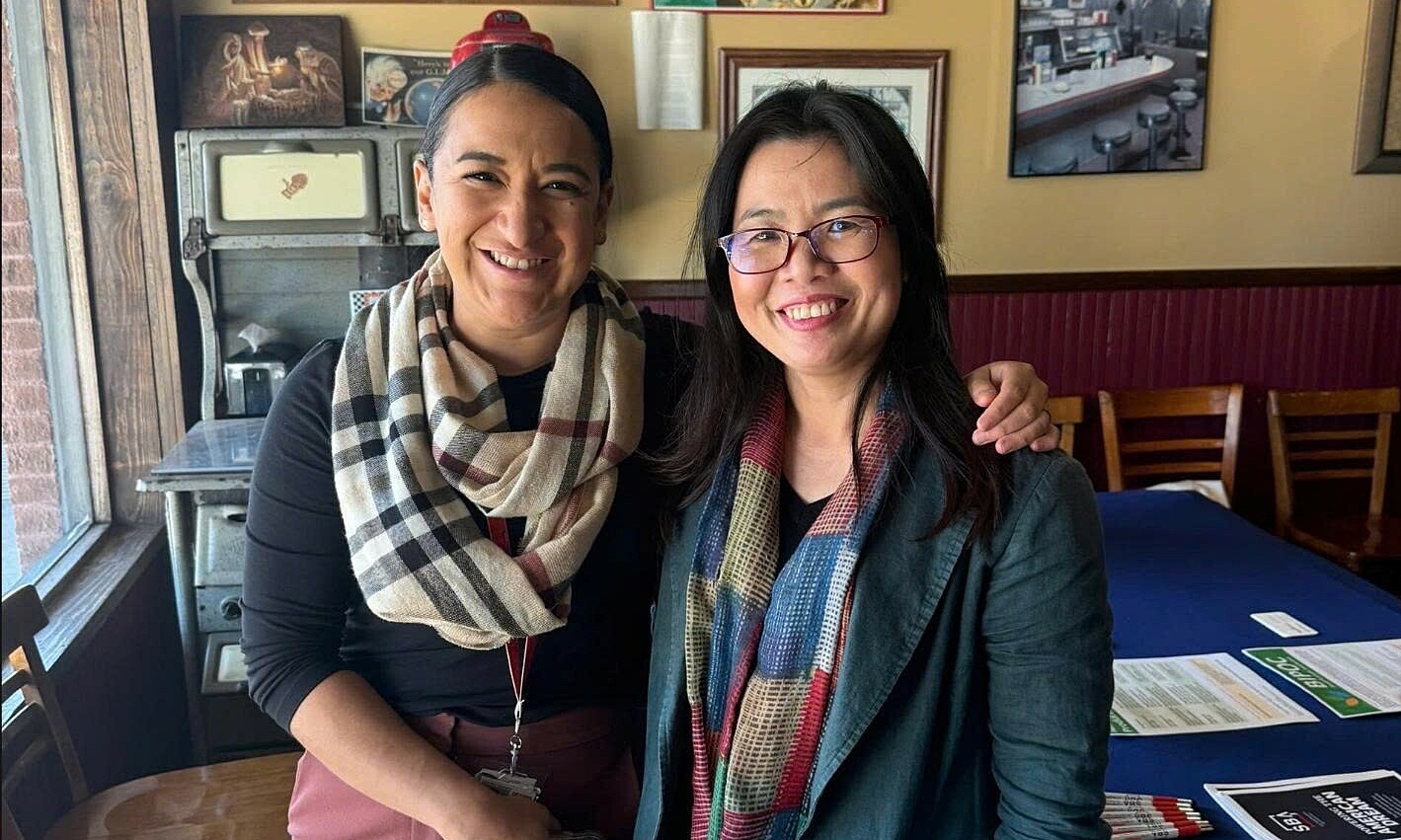Vietnam is facing one of the 21st century's most significant demographic shifts: an aging population. According to the General Statistics Office, by 2035, approximately 14% of the population will be over 65, and this figure could exceed 21% by 2050. This rapid transformation poses substantial challenges to the healthcare system, social security, and the quality of life for older adults.
Hoang Phuong Lien, an AgeTech consultant, believes technology can play a key role in supporting seniors to live healthier, more independent, and fulfilling lives. AgeTech, the term for technological solutions serving the elderly, is opening up many potential avenues, not only in healthcare but also in socio-economic development.
Common products in this field include assistive devices, fall detection sensors, remote healthcare applications, and community connection platforms. These solutions can accompany seniors in every moment of their lives, from medical care to social interaction.
"Technology can be a silent companion, helping seniors live independently, healthily, and without isolation," Lien said.
 |
Hoang Phuong Lien (right), an AgeTech consultant. Photo: NVCC |
Hoang Phuong Lien (right), an AgeTech consultant. Photo: NVCC
According to Lien, if widely implemented in the next 10 years, AgeTech will create a positive impact on multiple fronts. Firstly, regarding health and quality of life, wearable devices can monitor blood pressure, blood sugar, heart rate, and provide early warnings of medical issues, especially crucial for seniors living alone. Smart home systems can also assist them with daily tasks like adjusting lighting, temperature, or calling for help in emergencies.
For the healthcare system, remote diagnosis solutions will enable doctors to reach elderly patients without travel, particularly beneficial in remote areas where medical services are limited. This saves costs and reduces the burden on major hospitals.
Beyond healthcare, Lien believes technology can also improve mental well-being. Online social platforms, skill-building classes, and group chats help seniors maintain connections with family, friends, and the community. These connections play an essential role in reducing loneliness and promoting mental health.
Despite its great potential, AgeTech implementation in Vietnam still faces many challenges. Uneven technological infrastructure, especially in rural and mountainous areas, makes access to digital devices and services difficult. Additionally, the digital literacy of older adults remains limited, requiring structured, patient, and age-appropriate training programs.
Cost is also a significant factor, as many seniors lack the financial means to use modern devices. Meanwhile, businesses hesitate to invest due to the market's relative novelty and lack of policy support.
To effectively leverage AgeTech's potential, experts suggest close collaboration between the government, businesses, and the community. This includes programs to encourage the development of technology for seniors: tax incentives, research funding, and local implementation support, along with workforce training.
According to Hoang Phuong Lien, international cooperation with experienced countries like Japan, South Korea, or Germany will help Vietnam shorten the testing period and increase the feasibility of practical implementation.
Hoang Dan












